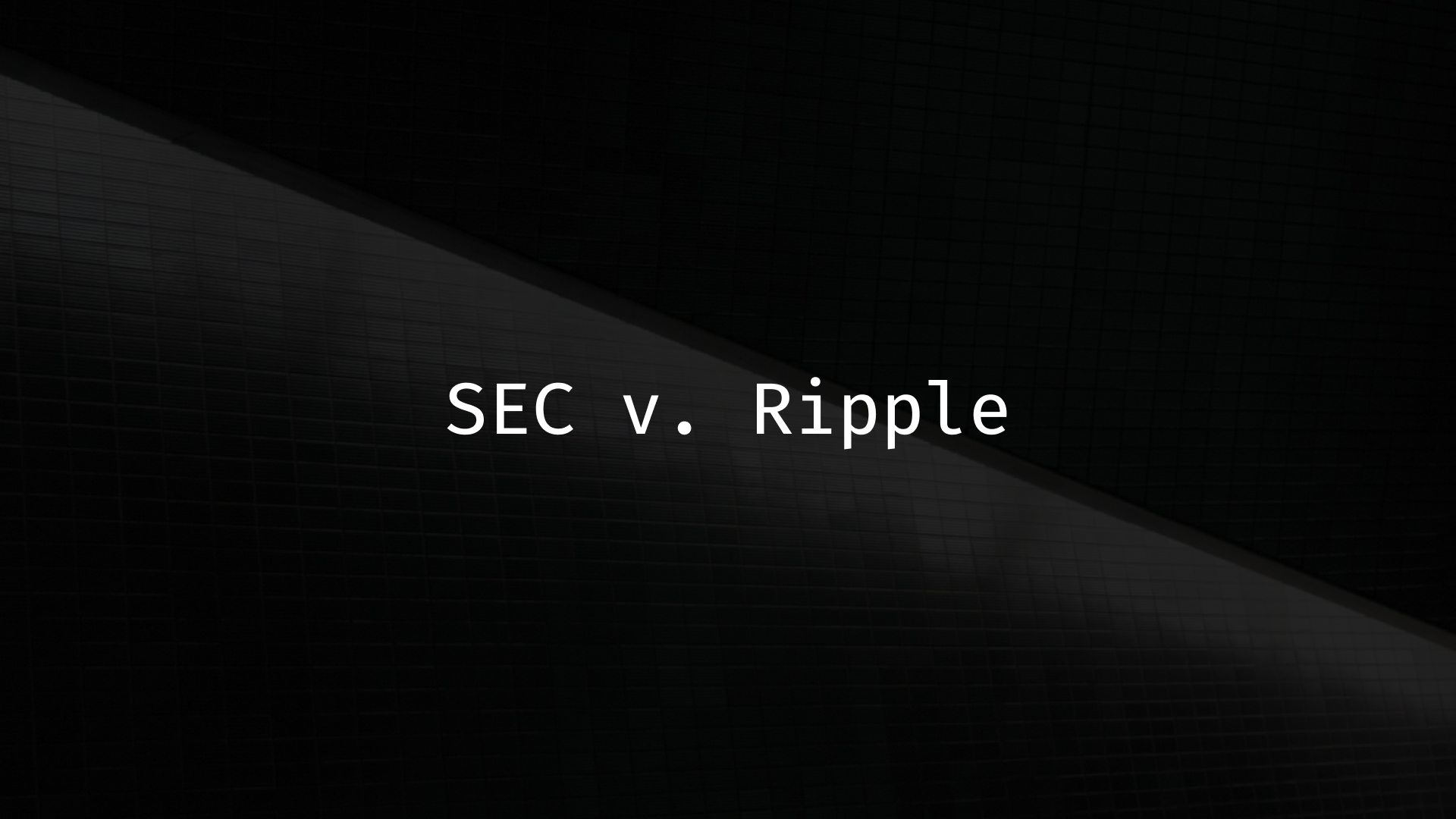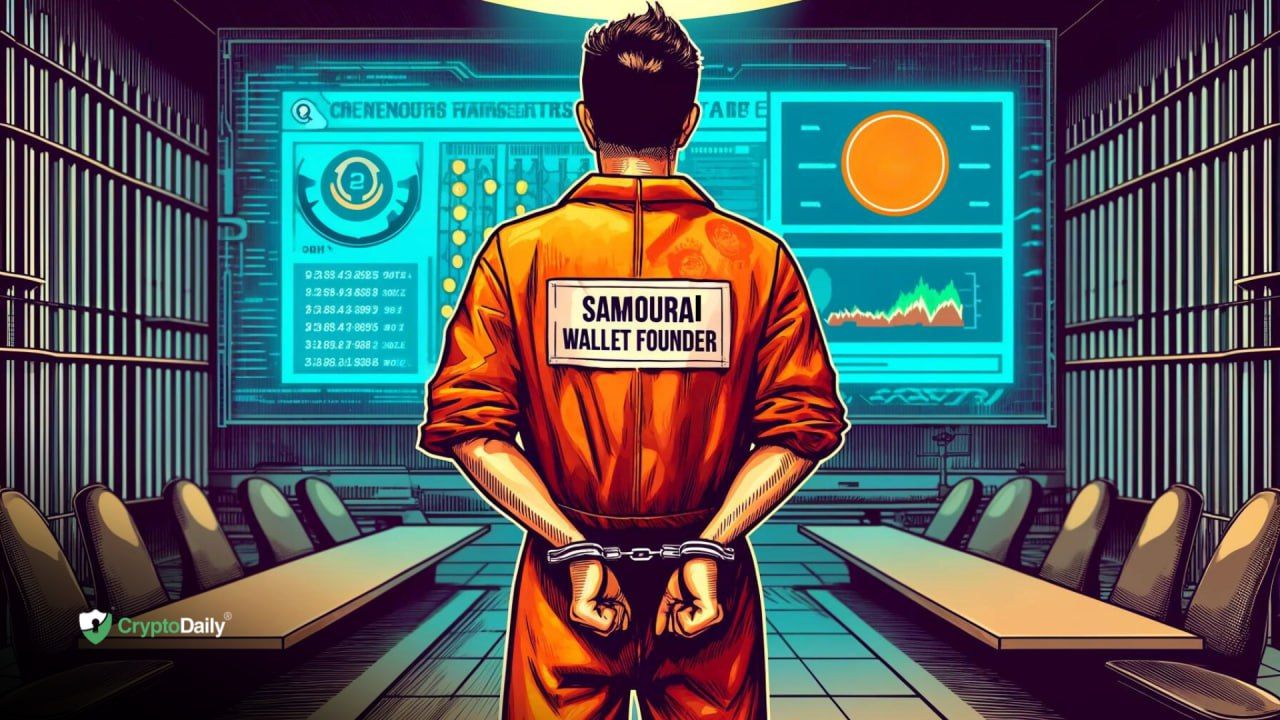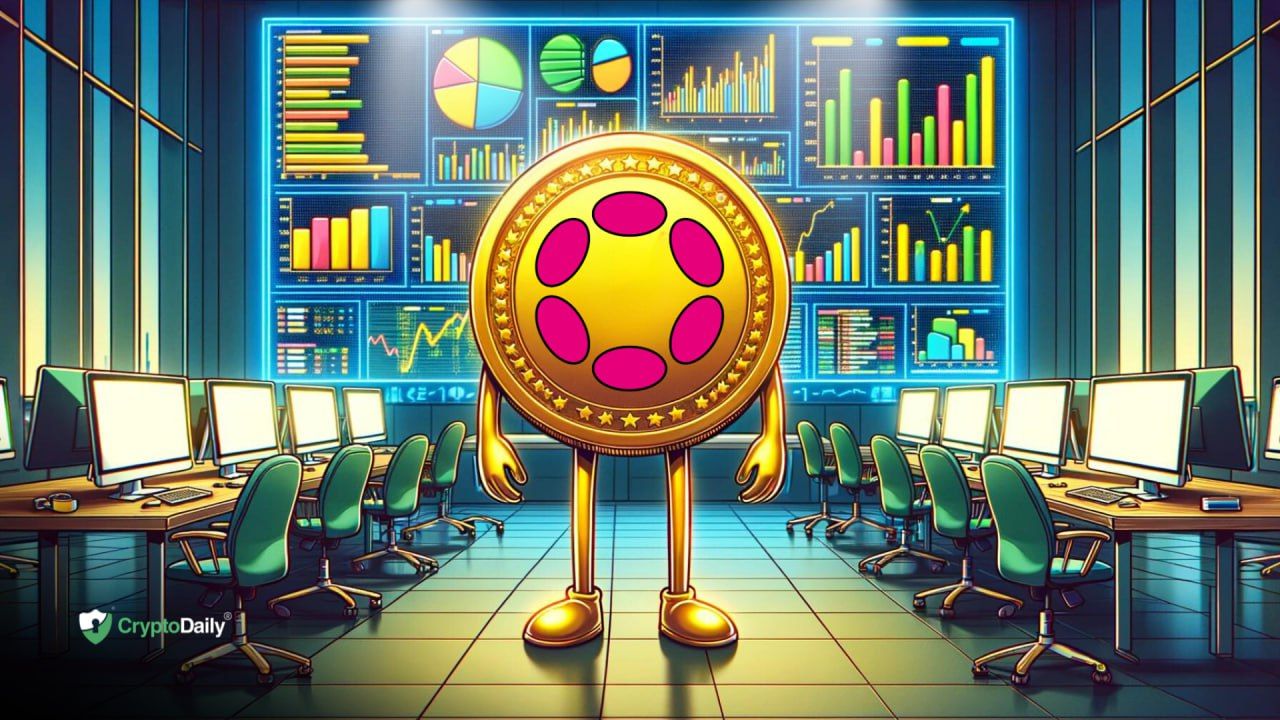In a recent statement, the SEC claimed that the recent Ripple ruling was incorrect, while disclosing that it has already decided and is currently moving in to post an appeal.
There has been some intertwining contexts with latest legal fracas with the US Securities and Exchange Commission (SEC), which involves Terraform Labs and its co-founder, Do Kwon.
Notably, the SEC's recent motion against Terraform Labs has revived discussions around the landmark , signaling a possible appeal on the horizon.
Institutional vs. Retail: Divergent Perspectives
In the , the court determined that Ripple's XRP token sales to institutional investors breached SEC rules. However, the judge ruled that Ripple's offerings to retail investors on exchanges didn't infringe on these same regulations. This bifurcation of institutional and retail sales was broadly seen as a victory for the crypto industry.
In a stark departure from this view, the SEC, in its most recent filing against and Kwon, voiced its disapproval. The agency stated:
"The decision creates an artificial distinction between the expectations of sophisticated institutional and retail investors."
In the SEC's view, the ruling reformulates the decades-old Howey Test, a metric used to identify when assets are securities, transforming it into a more subjective standard.
Accordingly, the SEC requested that the court reject this part of the Ripple decision and hinted at a possible appeal in the Ripple case.
The Ripple Ruling's Impact on Terraform Labs Lawsuit
The Ripple ruling has become a crucial reference in the ongoing lawsuit against and Kwon. Their legal representatives cited the Ripple decision in their dismissal motion, arguing that it "confirms the legal insufficiency of the SEC’s argument."
They were referring to the SEC's assertion that certain tokens, including the ill-fated TerraUSD stablecoin, were securities due to their method of sale.
However, the SEC has doubled down on its accusations that Terraform Labs and as part of a fraudulent scheme, causing a loss of at least $40 billion in market value. The SEC also underscored that the institutional investor aspect of the Ripple ruling supports its case against Terraform Labs.
The SEC notes that institutional buyers in such a case (such as trading firms that purchased crypto assets from Terraform Labs with no restrictions on resale) purchased ostensibly on the reason that the assets were an investment on top of Terraform Lab's initiatives.
The legal entanglements involving the SEC, Ripple Labs, and now Terraform Labs, highlightts the evolving dynamics between the emerging crypto industry and established securities regulations. The nuanced interpretation of these regulations in relation to cryptocurrencies like XRP and TerraUSD has far-reaching implications for the industry. How these cases play out in the courts will set precedents that could shape the crypto landscape for years to come.
SEC's Prospective Appeal
The SEC's recent motion reveals its plan to challenge the federal court ruling in favor of . U.S. District Judge Analisa Torres upheld that nearly half of Ripple's XRP sales did not contravene investor-protection laws. This verdict sparked hope among other defendants embroiled in disputes with the SEC regarding their cryptocurrency sales, which, according to the SEC, often constitute illegally sold securities.
This court ruling has become a beacon of hope for defendants like Do Kwon, co-founder of Terraform Labs. Kwon, currently serving time in prison, faces an SEC lawsuit alleging fraudulent activities and various legal infringements. The lawsuit was filed in February in Manhattan federal court. In light of the recent Ripple Labs ruling, Kwon's defense is employing it as a basis to refute the SEC's accusations.
Precedent in Flux
With the SEC signalling its intent to appeal the , a cloud of uncertainty hangs over the crypto industry. The final decision on the Ripple case could profoundly influence ongoing and future lawsuits, including Terraform Labs.














